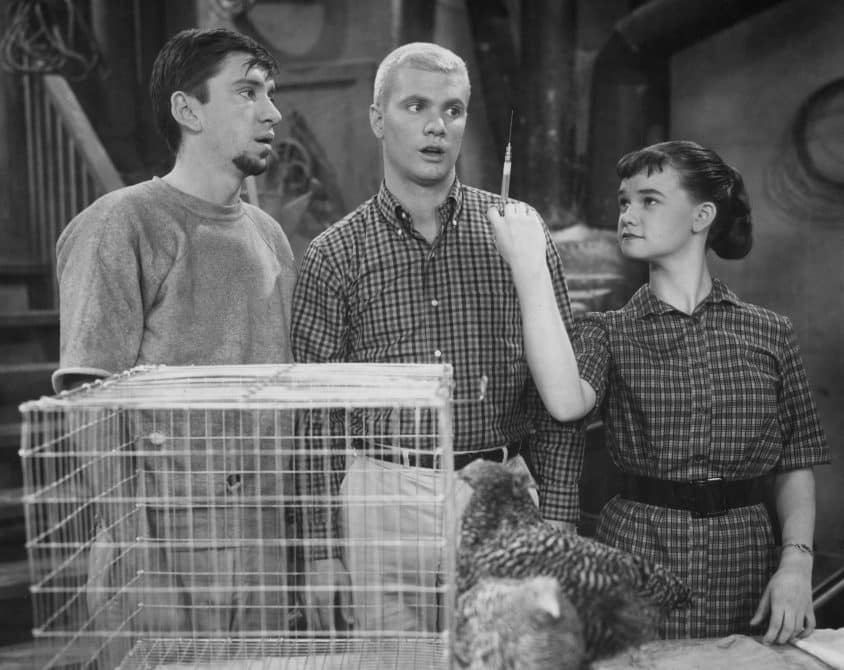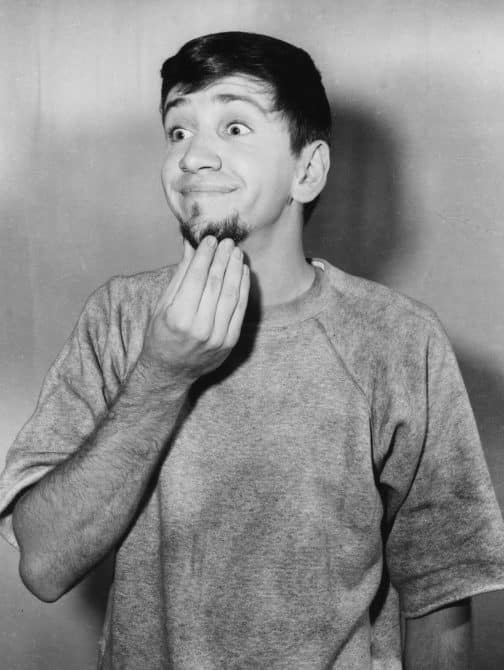
Bob Denver made his mark as Gilligan in Gilligan’s Island, but thanks to his role as Maynard G. Krebs on the television series The Many Loves of Dobbie Gillis, TV got its first hipster. Bob’s character was significant to the ‘50s because it helped portray an expressive style that was frowned upon at the time as acceptable.
Krebs was TV’s first hippie, or “beatnik”, as it was called back then, and he represented the movement where young people lived non-conformist and anti-materialistic lifestyles featuring art forms like music, poetry, painting, and literature.
Bob’s character was considered a “well-groomed” hipster

Compared to the average hipster, the New York Daily News, in an article from August 1959, categorized Bob’s Krebs as well-groomed. “His hair is jagged and long, but every lacquered strand we noticed is carefully placed in position on his forehead. His beard, while in keeping with those worn by the gone ones, is trimmed to perfection,” the article reads. “To put it bluntly, Denver, in our inexpert opinion, is square, man.”
RELATED: Beloved By Millions, ‘Gilligan’s Island’ Star Bob Denver Spent His Later Years Helping Others
According to pop culture historian Geoffrey Mark, Bob’s role was a breakout from anything else on television at the time. “Maynard was the first anti-hero and the first time a sitcom had started to satirize the cool jazz movement and beatniks,” he said. After his controversial time on The Many Loves of Dobbie Gillis, Bob joined the three-season series Gilligan’s Island, where he played his signature character of the ‘60s, Gilligan.

Being a hipster was criticized at the time
Bob’s character, Krebs, is described as “an enthusiastic fan of jazz music” who “plays the bongos, collects tinfoil and petrified frogs, and steers clear of romance, authority figures, and work.” In addition, he spoke “with the vernacular and slang of the beatniks and jazz musicians he admired, punctuates his sentence with the word ‘like’ and has a tendency towards malapropisms.”

The qualities peculiar to Krebs were frowned upon by critics who made statements to discourage viewers from adopting his mannerisms. The Daily News commented on Krebs in August 1959, accusing Bob of being “so square [that] he actually enjoys being a member of Hollywood’s cult of money-theism, which, as you know, would be abhorred by any under-fed, anemic beatster who considers himself ‘with it.’”
